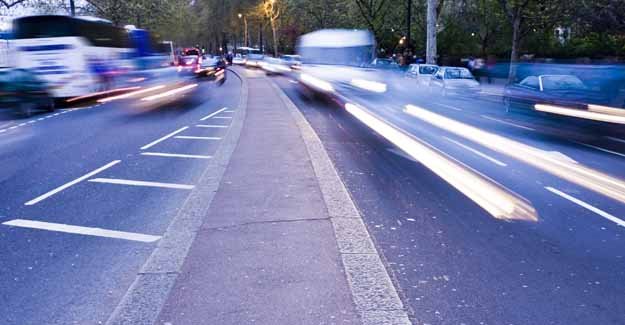Owning a car improves people’s quality of life by one-third, but authorities are not doing enough to plan for increased travel demand, according to the Royal Automobile Club Foundation’s new report, Travel Demand and its Causes * published today (14).
The Foundation is calling for appropriate, car inclusive planning to acknowledge the fact that sixty percent of people in England live in car orientated sub-urban or rural areas. Based on past traffic growth and future projections, the RAC Foundation forecasts that these areas will experience strong population and traffic growth up until 2021, resulting in a 25% increase in suburban traffic.
Currently three families out of four have a car and people spend over £50 per week on private transport – nine times as much as they spend on public transport.
Owning a car for the first time increases a household’s opportunities to engage in social and economic activities by one third. In houses where there is no car, on average 15 trips per week are made. This increases to 20 trips per week when one car is available and 22 trips when there are multiple cars available in the household. More non-drivers get lifts from family friends or relatives than take the bus, showing that the car is an important source of mobility even for non-drivers.
The report finds that, over the past 50 years, there has been a trebling of personal travel as a result of the following factors:-
* There are 18% more people;
* 60% more families
* Six times as many cars
* More smaller households leading to an increase in trips
* More economically active Britons (an increase of over 25%)
* An increase in real disposable income
* An increase on the amount spent on transport – people spend 3.5 times as much on transport as they did in mid 1950s.
Looking to the future, the Foundation forecasts that by 2031:-
* Population will increase by 17% from 58.85 million in 2006 to 69.1 million
* The number of households will increase to 28 million by 2021 and 30 million by 2030 from 25.2 million in 2006.
* Real incomes will grow two and a half percent annually
* Virtual travel aided by the growth of the Internet may reduce the level of future travel growth, but will not lead to a substantial change to the travel patterns we see today.
Sheila Rainger, Head of Campaigns for the RAC Foundation said “The private car has fundamentally changed the way in which people live, making broader education and social activities, and better employment opportunities, available to the many not the few. The genie of travel demand cannot be put back into the bottle. The quality of life benefits of increased travel must not be overlooked when it comes to forecasting demand and planning our future road and transport network.”
ENDS
 Paper 3 – Travel demand and its causes (July 08).pdf Travel Demand and its Causes. RAC Foundation Motoring towards 2050 – Roads and Reality Background Paper No.3, David Bayliss OBE. July 2008. .
Paper 3 – Travel demand and its causes (July 08).pdf Travel Demand and its Causes. RAC Foundation Motoring towards 2050 – Roads and Reality Background Paper No.3, David Bayliss OBE. July 2008. .


